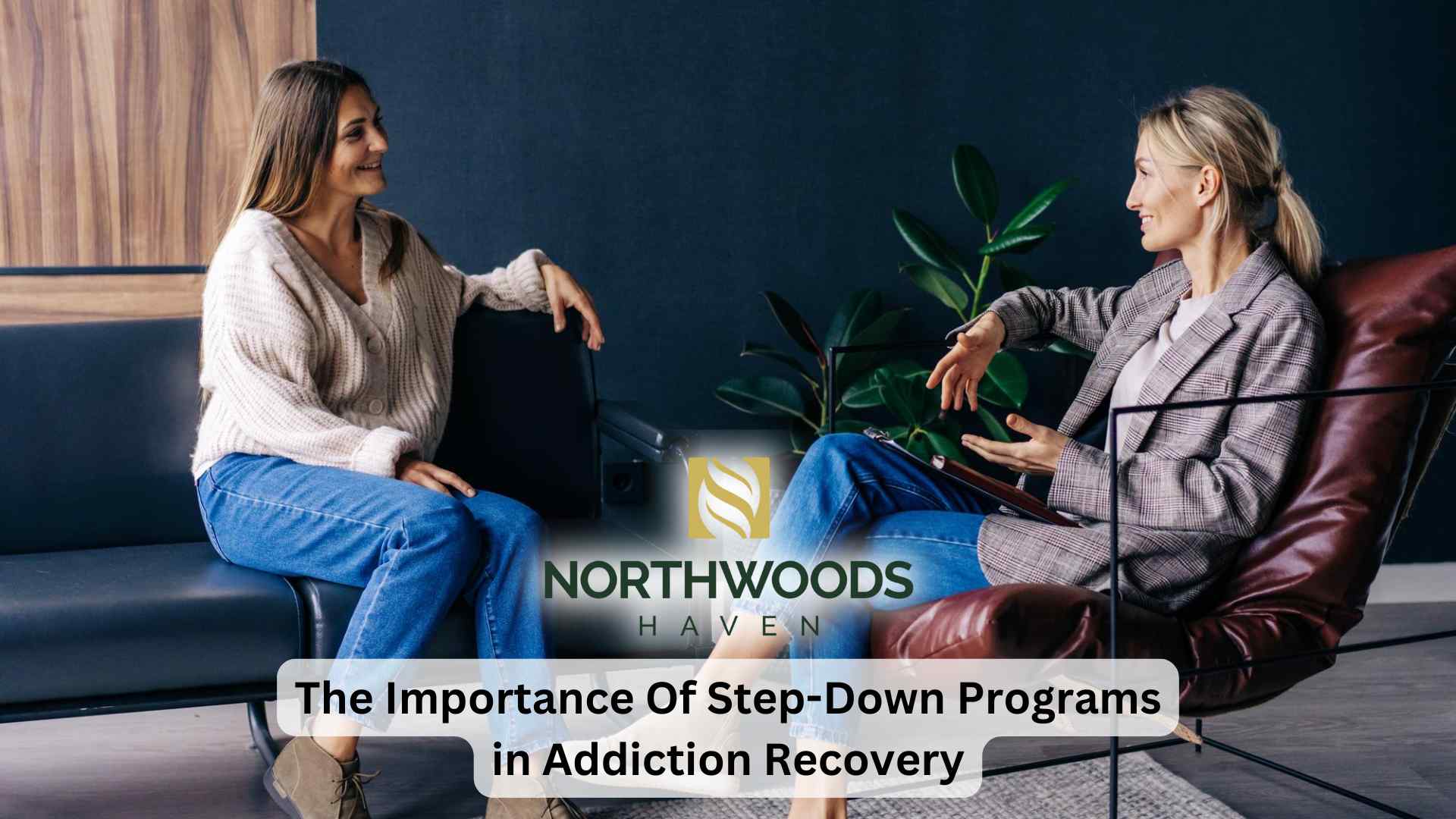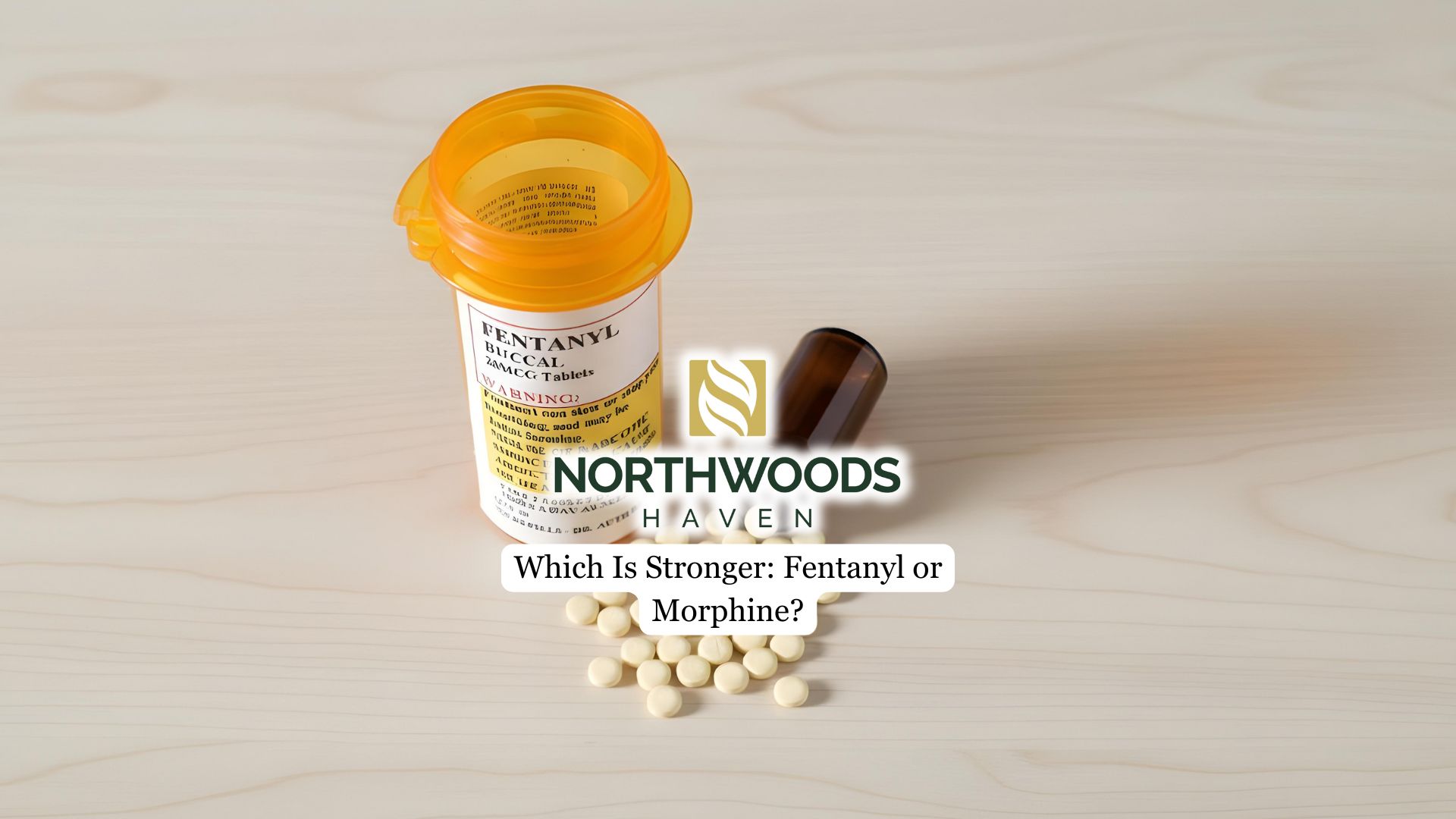The transition from the structured environment of rehab to the unstructured reality of daily life can be overwhelming, often posing risks of relapse. This is where step-down programs become indispensable. Acting as a bridge between intensive care and independent living, these programs provide individuals with the tools, support, and gradual transition necessary to navigate the challenges of early recovery.
Here, we’ll look into how by fostering independence while maintaining accountability, step-down programs empower individuals to build a stable foundation for long-term success in their recovery journey.
Understanding Step-Down Programs in Addiction Treatment
When you’re recovering from addiction, step-down programs offer a structured approach to help you transition from intensive treatment to less intensive care, allowing you to gradually adjust to sobriety and daily life responsibilities.
These programs provide crucial support during this vulnerable phase, focusing on relapse prevention through individual counseling and group therapy sessions. You’ll develop essential skills in areas like stress management, financial planning, and effective communication, which will equip you to face everyday challenges with confidence.
Key Features and Components of Step-Down Programs
Step-down programs provide ongoing therapeutic support, focusing on relapse prevention and coping strategies through individual and group therapy sessions.
You’ll gain crucial life skills in areas like stress management, financial planning, and time management. Step-down programs gradually increase your independence, moving from structured environments to full community integration.
They emphasize building a strong support network, connecting you with local groups and family to foster accountability. You’ll also engage in holistic wellness practices, including mindfulness, physical fitness, and nutritional counseling, promoting overall well-being.
These key features and components of step-down programs equip you with the tools and support needed for long-term recovery success.

Benefits of Step-Down Programs for Sustained Recovery
Step-down programs offer a structured and gradual transition from intensive treatment to independent living, reducing the risk of relapse during the vulnerable early stages of sobriety.
These programs empower individuals with essential life skills, such as stress management, financial planning, and effective communication, fostering confidence and self-reliance. Furthermore, step-down programs emphasize relapse prevention by equipping participants with tools to recognize and manage triggers and cravings.
Continued therapeutic support, whether through individual or group counseling, ensures that emotional healing and coping strategies remain a focus.
These programs also create a sense of community and accountability, helping individuals rebuild their support networks and maintain connections that are crucial for long-term success.
The Step-Down Process: Transitioning to Independent Living
The gradual approach to addiction recovery often starts with partial hospitalization programs, in which patients receive treatment during the day but return home at night.
As they make progress, individuals transition to intensive outpatient treatment that provides several hours of therapy each week while allowing more time for work, school, or family obligations.
The process may then proceed to sober living arrangements, which offer a supportive, drug-free environment with accountability measures such as regular drug testing and attendance at group meetings.
Throughout this journey, ongoing therapy sessions assist individuals in addressing external stressors, developing coping skills, and building a robust support network.
By systematically reducing the level of care and increasing personal responsibility, step-down programs strive to provide individuals with the tools and confidence necessary to maintain sobriety and successfully cope with the challenges of everyday life.
Challenges and Considerations in Step-Down Treatment
As you navigate increased personal responsibility, you’ll encounter real-world triggers without the immediate support of a structured treatment environment. Feelings of vulnerability during this shift can be overwhelming, potentially leading to relapse.
Maintaining a balanced routine is crucial, as rigid schedules may induce stress, while overly flexible ones lack structure. Regular check-ins and progress assessments are vital for addressing emotional regulation and reinforcing accountability.
Developing and actively practicing new coping skills in real-life situations is essential to prevent relapse successfully.
Final Thoughts from Northwoods Haven Recovery
At Northwood’s Haven Recovery, we recognize the significant role step-down programs play in guiding individuals who are transitioning from intensive treatment to independent living. Our Intensive Outpatient Program (IOP) in Minneapolis, MN, is crafted to deliver essential step-down support. We provide a structured yet adaptable environment, enabling you to incorporate recovery into your daily life while receiving continuous therapy, relapse prevention techniques, and peer support.



